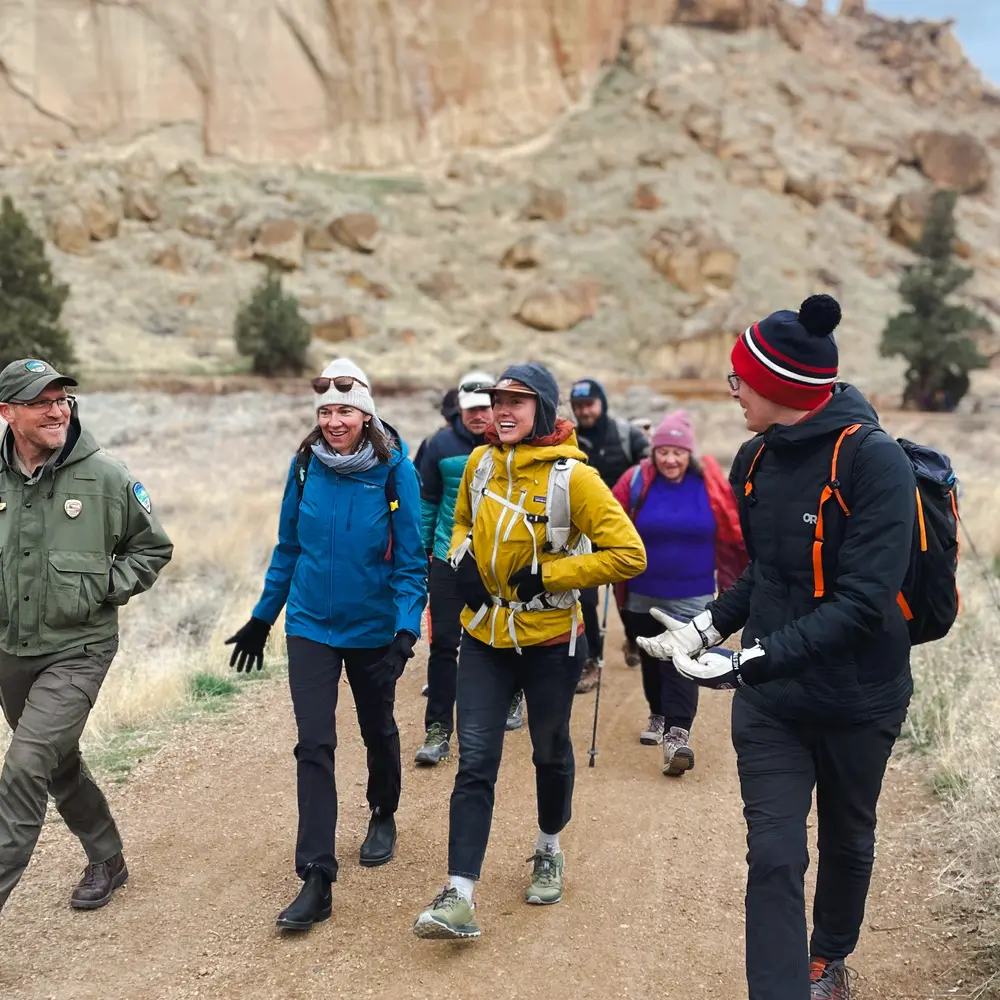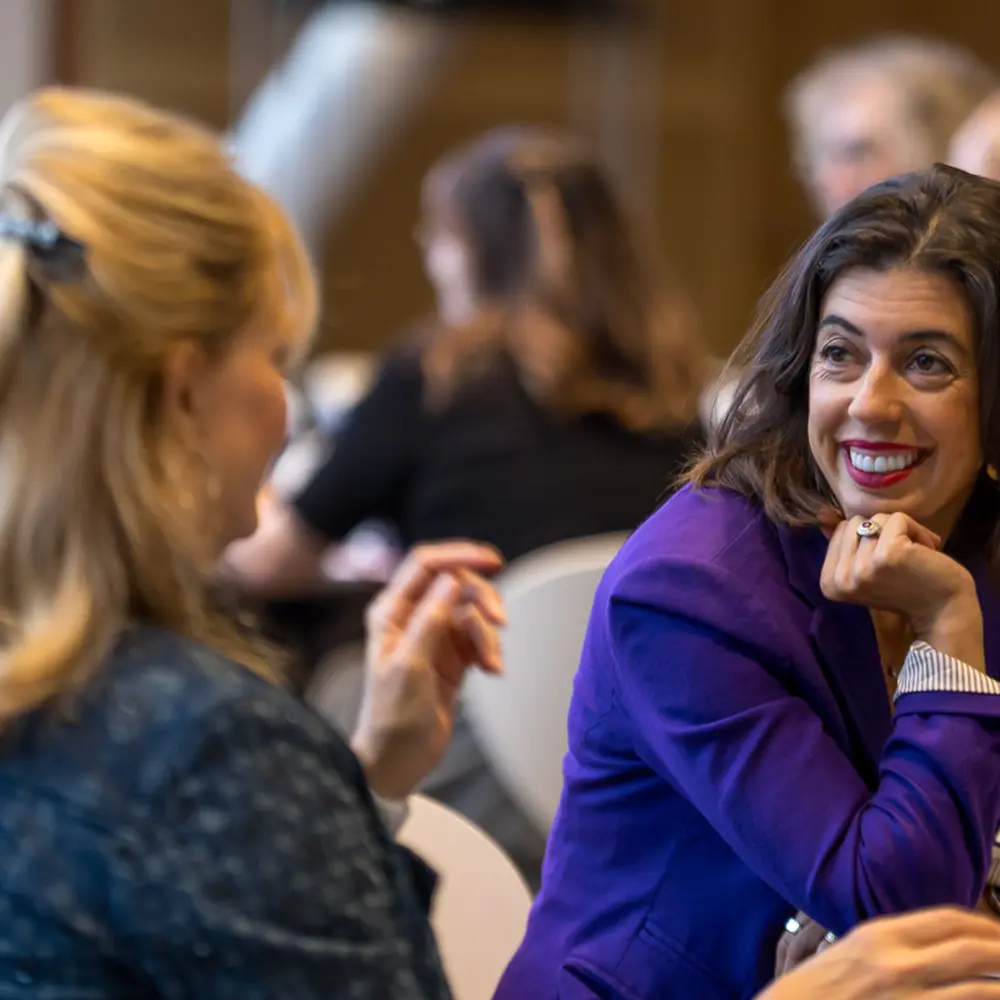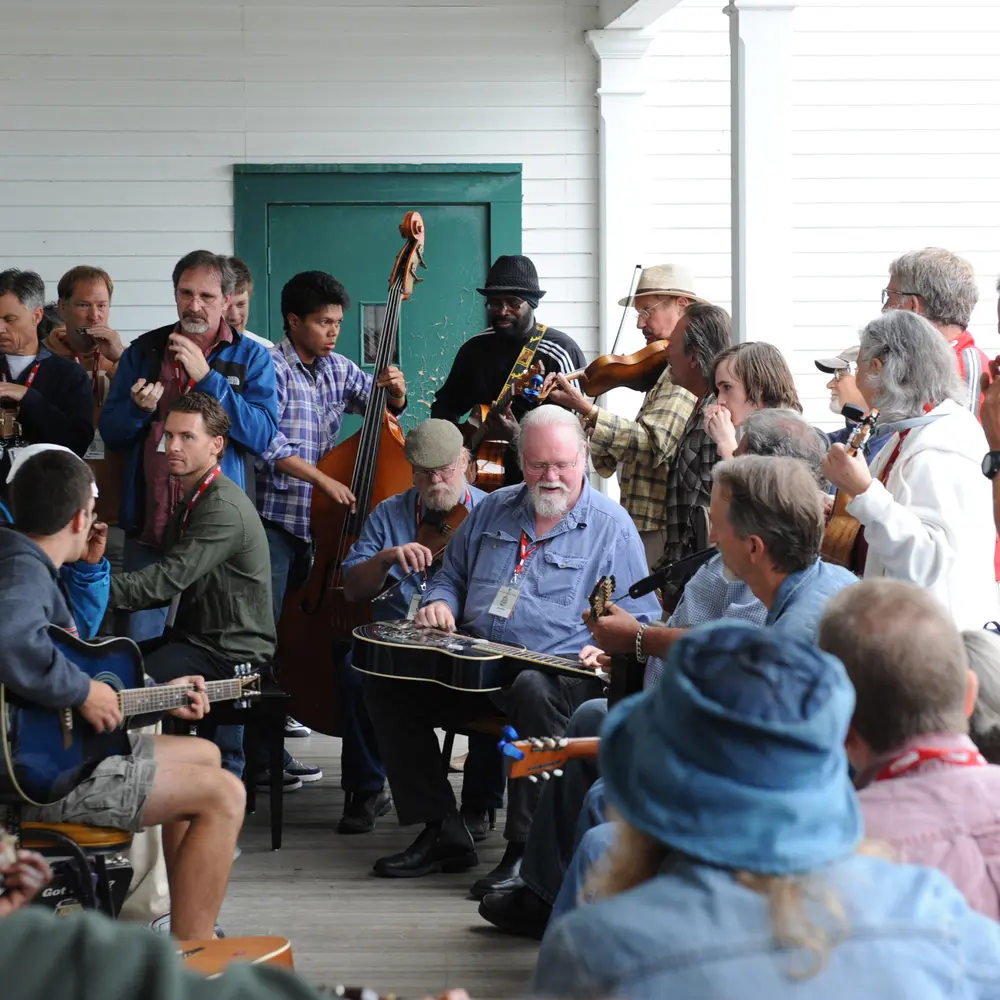The Murdock Trust invests in capacity-building projects at nonprofit organizations across the Pacific Northwest. When one grant helps create new opportunities and increase the impact of a nonprofit’s work down the line, we call it the ripple effect. The Stories of Impact series on our website is intended to help shed light on the outcomes driven by some of the outstanding organizations the Murdock Trust has been fortunate to support in recent years.
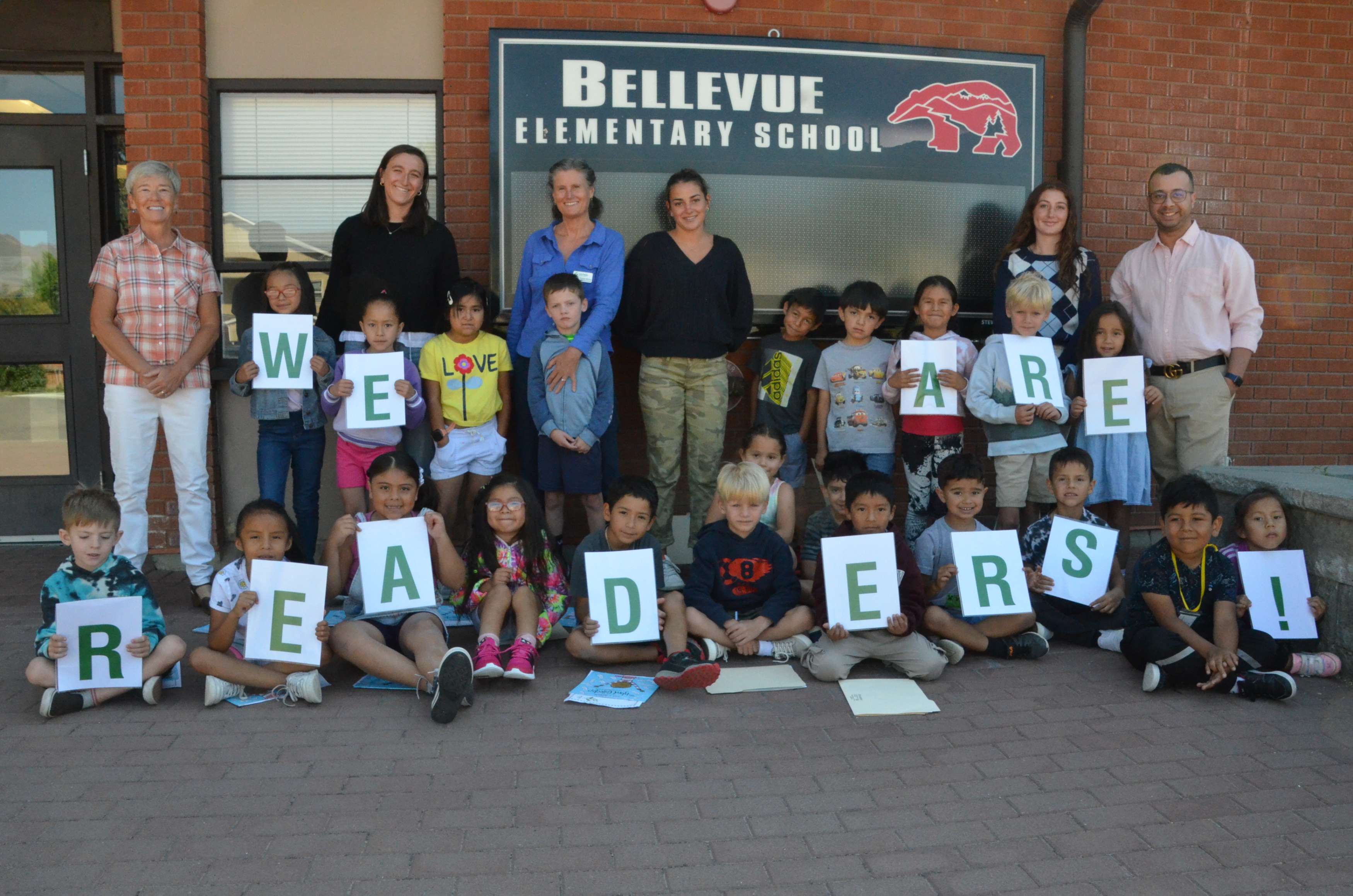
“I feel smart!”
“I feel happy because now my parents feel happy with me because I can read.”
“I learned that I can read most everything!”
These are the words of three early learners who went through Lee Pesky Learning Center’s Literacy Pods program last summer. After just five weeks of one-on-one reading support, these students – all of whom were learning English as their second language – graduated with soaring literacy scores and smiling faces. In a state like Idaho where Latinx* and second-language-English learners often face significant educational opportunity gaps, investing in their reading skills is an investment in their future, and in the future of education in Idaho.
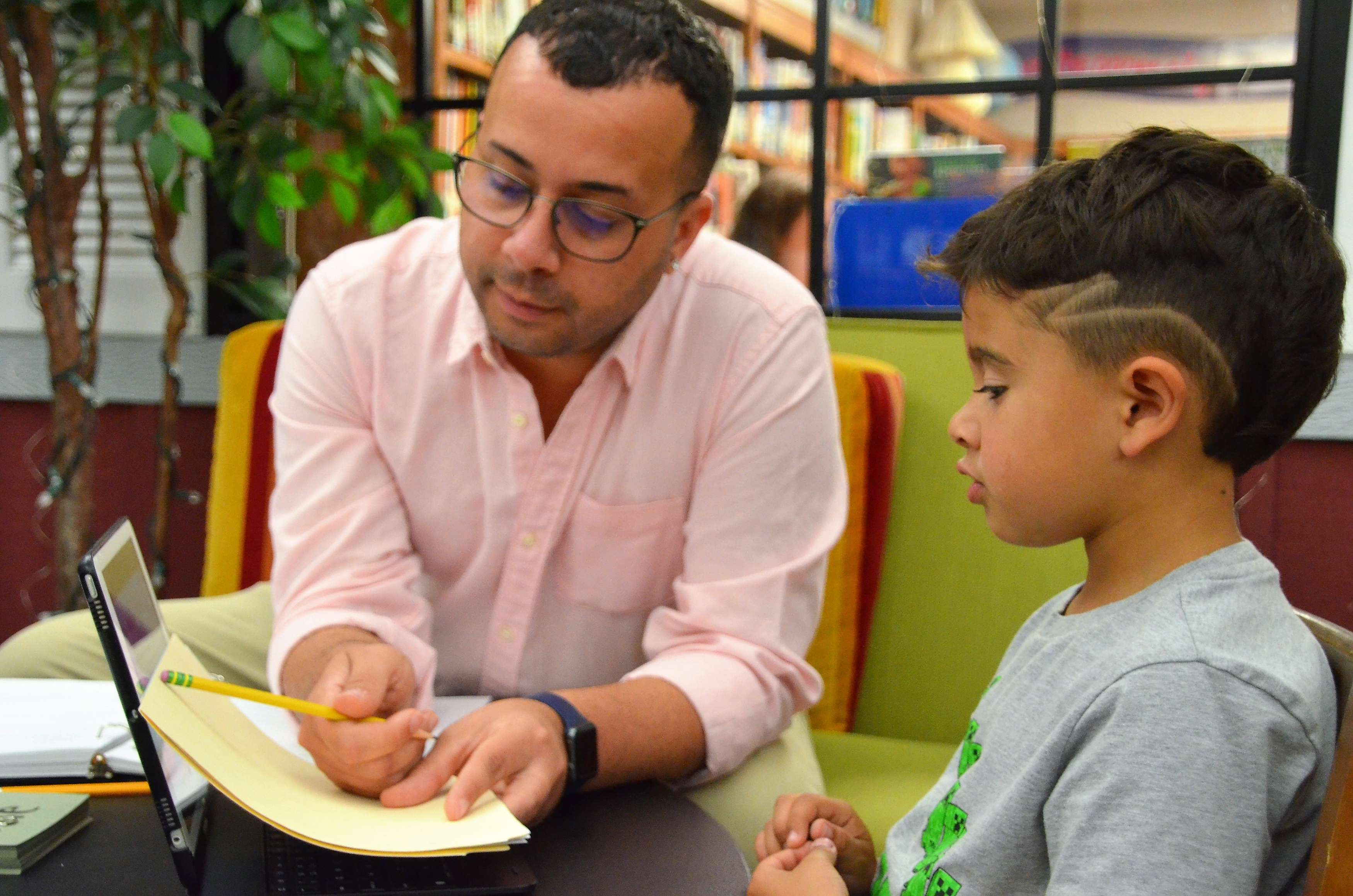
Lee Pesky Learning Center and the Educational Opportunity Gap
The mission of Lee Pesky Learning Center (LPLC) is to work together with individuals, families, schools, and communities to understand and overcome obstacles to learning. The Center was founded in honor of Lee Pesky, who was born in 1965 and grew up with learning challenges at a time when there was little understanding of them. After his untimely death at the age of 30, his family founded LPLC to provide resources to students like Lee. Today, LPLC makes learning conditions better for those with dyslexia, dysgraphia, ADHD, and other learning disabilities through one-on-one support, research, and parent and teacher training.
In addition to these challenges that can impact any learner, in recent years LPLC observed the reality that Latinx students tend to experience a significant educational opportunity gap, which can further inhibit their academic and social-emotional capabilities. In 2020, less than 25% of first-grade Latinx students in Blaine County, ID, entered school with grade-level reading skills. As LPLC staff explain, this is partially due to the racial wealth gap that often leads Latinx students to less-resourced schools. It’s also because, though 40% of Blaine County K-12 students are Latinx, the teaching force in Idaho is 93% White. This discrepancy can lead to cultural and linguistic misunderstanding between the two groups, which can negatively affect learning outcomes. Finally, too few teachers are trained in the science of reading, and especially in how to best support English language learners. Together these factors create an educational system that does not set up Latinx learners for success. This is where LPLC stepped in with a literacy program specifically for this group.
Literacy Pods Program
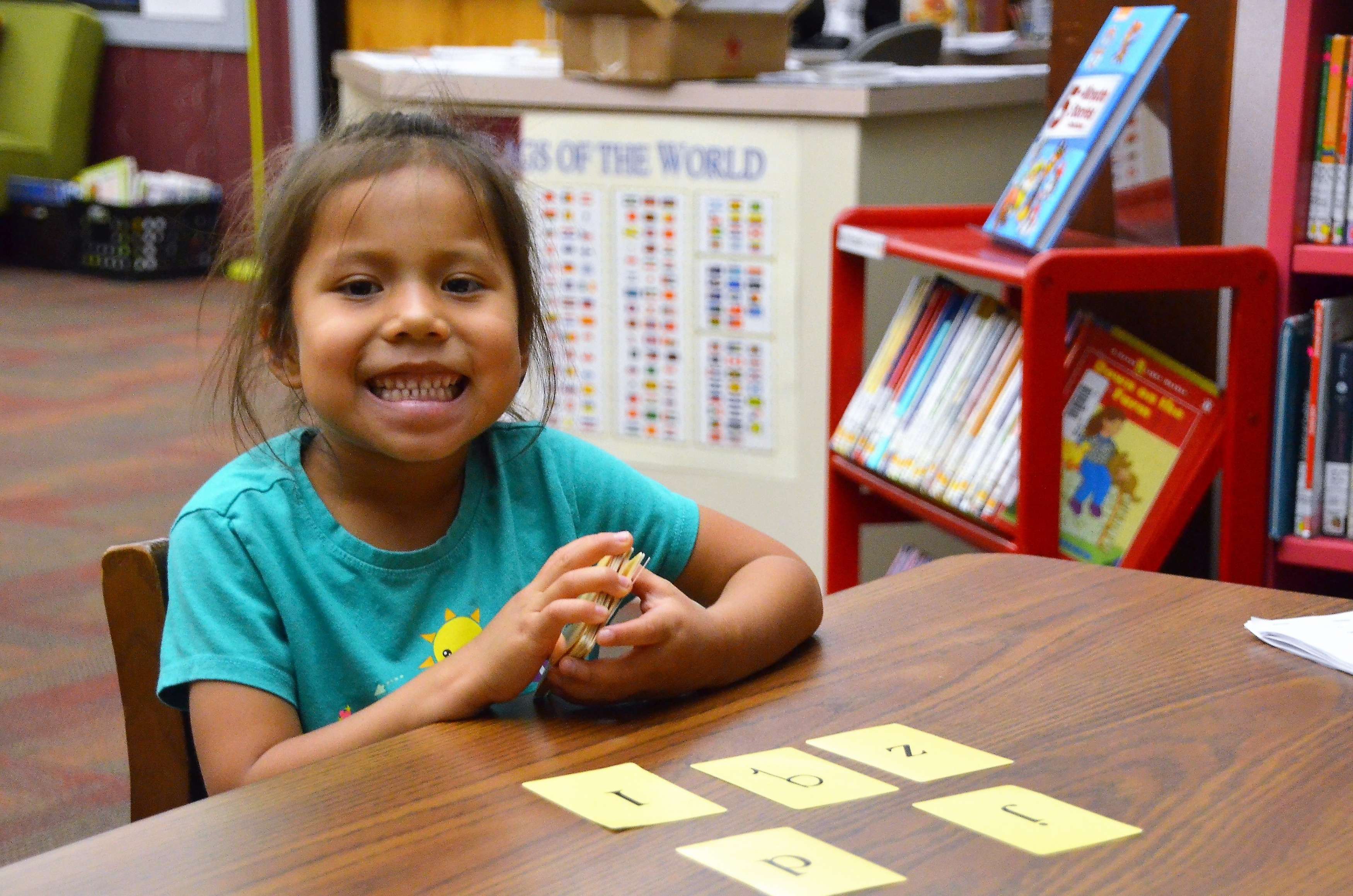
In Summer 2020, LPLC ran a small summer reading program for incoming first-grade Latinx students. The success of this pilot revealed the great need for this kind of specialized instruction, so LPLC applied for a Murdock Trust grant to help support a new program that would provide supplemental summer service as well as ongoing reading support throughout the school year. They called it the Literacy Pods.
“The vision of the Literacy Pods is to eliminate the educational opportunity gap,” says Lindy Crawford, executive director of LPLC. “We do that through actions such as empowering young English learners with the ability to read, providing small-group research-based reading instruction, and building rich and meaningful relationships.”
After the grant was approved in 2021, LPLC hired staff and tutors to bring the Literacy Pods program to life. From that investment, Jahziel Hawley-Moldonado was brought onto the team as Literacy Pods Project Director and Training Specialist. Having learned English as a second language himself, Jahziel was well equipped to develop and deliver a program that would meet the literacy needs of these students. The program has not only met these needs, but exceeded them.
After just five weeks of reading intervention, the 28 student participants saw astounding improvement. For example, recognition of upper-case letter names rose from 6 to 24, consonant letter sounds from 1 to 16, and short vowel words from 3 to 11.
“The growth that they made was something we would normally see over a much longer span of time,” says Tracey Hodges, LPLC Grants Manager. “They’re almost maxed out, because there are only 26 letters and even fewer vowel sounds. So what we saw was maximum amount of growth, in spite of COVID. That really is kind of remarkable.”
Jahziel notes that in addition to these reading gains, students felt more at ease in a learning environment by the end of the program, which will be an asset in their future education. “It was really good to see huge progress in the short time we were with them, but also to continue building relationships with them so they feel welcome and comfortable in this environment.”
“[My son] didn’t like to read or [do] school,” wrote one parent. “[Now] he likes reading more and [it] is more attractive to him. He [woke] up more excited about school. I feel this program was very good, and more important, he was very happy.”
LPLC’s reading intervention services continued into the school year for many of these students, along with support for parents to help their kids read at home. Though LPLC’s instruction is in English, they know that their students’ families often speak and read Spanish at home. So, in partnership with these families, they created a reading guide for Spanish-speaking parents that educates about best practices for reading at home, called “Enséñale a su hijo a leer en español”. In this way, LPLC empowers families to create their own cultures of curiosity and learning in the place students spend the most time.
Community Capacity Building
The Literacy Pods program has enabled LPLC to engage in more community partnerships, which helps them to better support Idaho’s educational ecosystem.
“As opposed to being a one-off grant program, the Murdock funding has allowed us to get beyond that, to integrate it,” says Lindy. “One big organizational impact is that we’ve been able to make ourselves available to partner more broadly with the entire public school system instead of one family, one child at a time.”
For example, LPLC has partnered with Boise State University to create a course where college students can teach in the Literacy Pods for credit. “There are many people in undergraduate programs who maybe don’t want to be formal classroom teachers, or at least aren’t sure yet. Offering that course will be a more systemic approach where we bring research and practice together.”
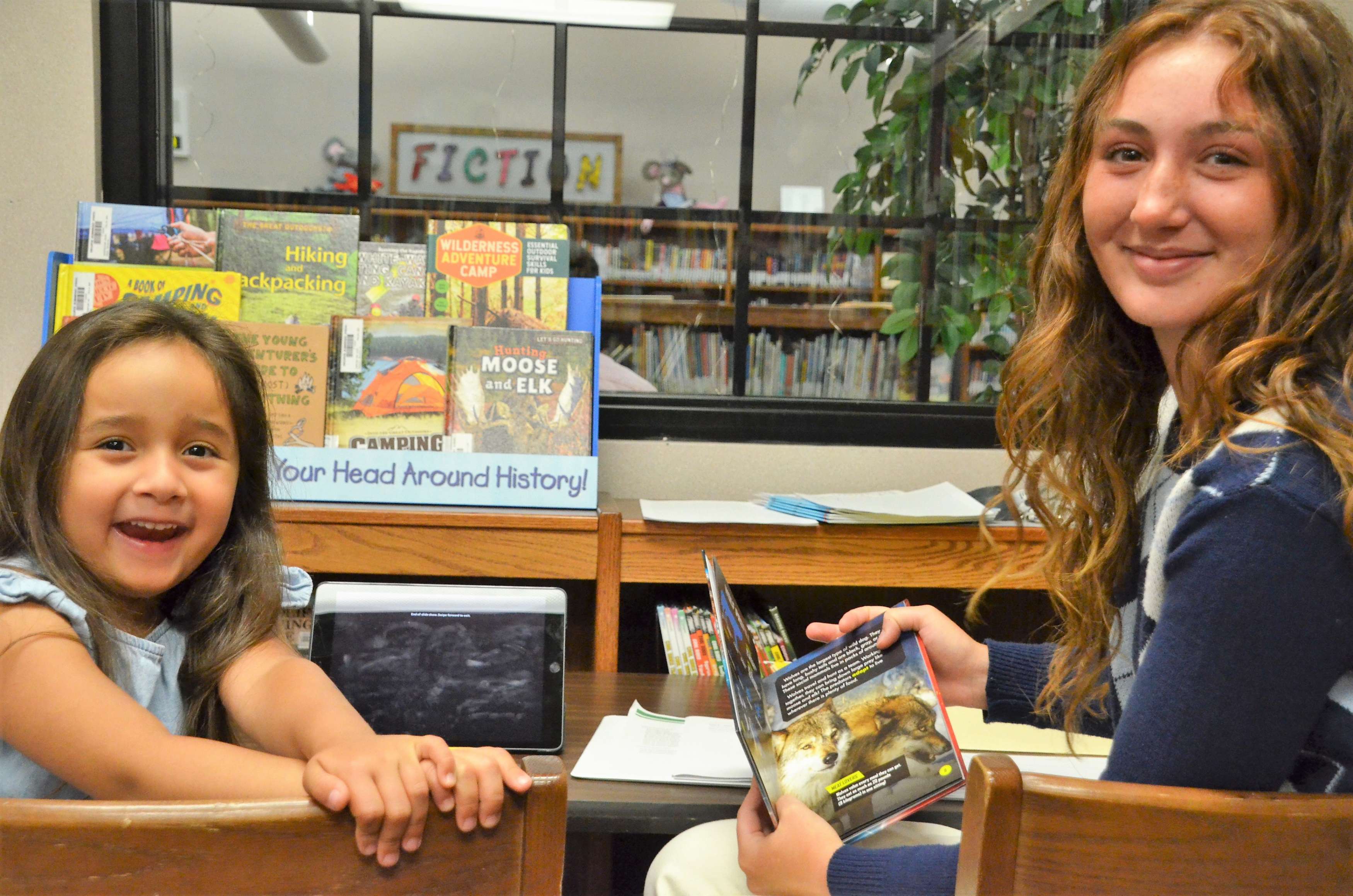
The grant funding has also supported a multi-organizational collaboration with others in their district. “Last summer we also partnered with Blaine County School District much more formally than we were able to prior to the Murdock funding,” says Lindy. “We worked in concert with their summer school for five weeks alongside other nonprofits, including I Have a Dream Foundation and Wood River YMCA. It was quite a powerful partnership. One big happy family, if you will.”
In addition to these formal collaborations, LPLC is also investing in collaborations with a refugee service group just down the road from the Center. LPLC offered to provide teacher training workshops in exchange for this group translating LPLC materials into Swahili. Having these translated materials would expand the accessibility of LPLC’s offerings into communities who have newly arrived in the United States.
“Building these relationships, it’s more informal. It’s being opportunistic, and staying open,” says Lindy. “The community has so much to give us.”
Literacy as a Right
In a world where there are many causes to support and initiatives to invest in, LPLC staff say literacy is one of the most important.
“Literacy is the democratic right of these kids,” says Tracey. “And it’s not just reading. It’s writing, arguing, visualizing, being able to incorporate data, to consume data, to create data. We are setting children up for a lifetime of being able to use those skills, whether personally or professionally.”
“I see reading as the key that opens the door for so many opportunities,” adds Jahziel. “It opens up a lot of opportunities for them to be successful in their personal life, and also professional life in the future. It’s kind of the foundation for everything else they’re going to be building.”
Across the Pacific Northwest, educational nonprofits and schools are partnering with their local communities to bring literacy skills to those who need them. Organizations like LPLC are closing the educational opportunity gap and in doing so, setting these children up to flourish. To each of these organizations and so many others, the Murdock Trust is grateful.
As Tracey puts it, “To not invest in literacy is the biggest injustice.”
Thank you, LPLC, for investing with such commitment, and for serving with such impact. Our region is better for your work!
*Note: It is Murdock Trust policy to always defer to the preferences of our grantees regarding cultural terms. In this blog post, we use Latinx because that is LPLC’s preferred term.
The post Stories of Impact: Lee Pesky Learning Center appeared first on M. J. Murdock Charitable Trust.

